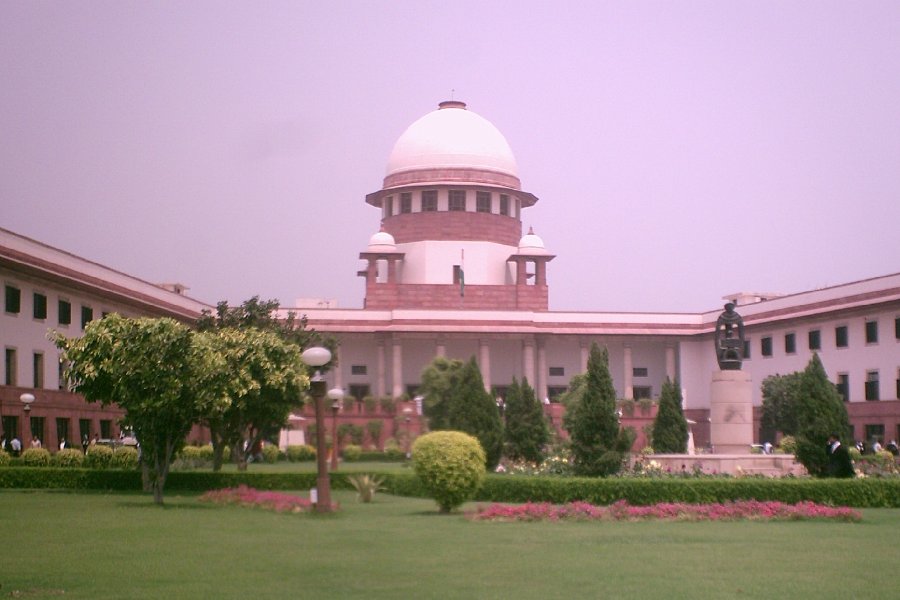The Supreme Court on Friday agreed to examine a plea seeking to secure the service conditions of members who are a part of internal complaints committees set up under the Sexual Harassment of Women at Workplace law.
A bench of Justices Surya Kant and Ujjal Bhuyan issued notice to the Ministry of Women and Child Development and others on a plea filed by Janaki Chaudhary.
The PIL sought security of tenure and protection from retaliation for members of internal complaints committees (ICC) constituted under the Sexual Harassment of Women at Workplace (Prevention, Prohibition, and Redressal) Act, 2013 (PoSH Act) in private workplaces.
Advocate Abha Singh, appearing for the petitioners, pointed out that the issue involved was sensitive and said one of the petitioners herself was an ICC chairperson and had a first-hand experience of the challenges faced by the members of the committee in private workplaces.
The leader petitioner Janaki Chaudhry is a former member of a ICC committee and co-petitioner Olga Tellis is a retired journalist who have claimed in their PIL, filed through advocate Munawwar Naseem, that women ICC members in the private sector were not entitled to the same level of protection and security of tenure that ICC members of public sector enjoy.
The PIL stated that while ICC members were tasked with the duty to adjudicate sexual harassment complaints while being on the payroll of a company, they could be terminated from service (with 3 months' pay) without being offered any reason, if a decision went against the senior management of private workplace.
"This creates a serious conflict of interest and constraints for the ICC members from taking free, fair and impartial decisions...if they take a decision that goes against the will of the senior management, they are susceptible to victimisation and retaliation, such as unfair termination and demotion," the PIL said.
Private sector ICC members have no recourse to the principles of natural justice, nor can they challenge their dismissal (on account of decisions taken by them) in an appropriate forum, it added.
"The 'hire and fire' rule forms part of the basic tenets of the 'master-servant' relationship. In the private sector, if an employee has been terminated from their service, they have no remedy other than the right to claim three months' salary or severance, as the case may be...if the actions of an ICC member ruffle feathers in the upper echelons of a private company, the company can choose to simpliciter terminate them on extraneous grounds, which may have no relation to the performance of her duties under SHWW Act," argued the PIL.
Except for the headline, this story has not been edited by The Telegraph Online staff and has been published from a syndicated feed.










